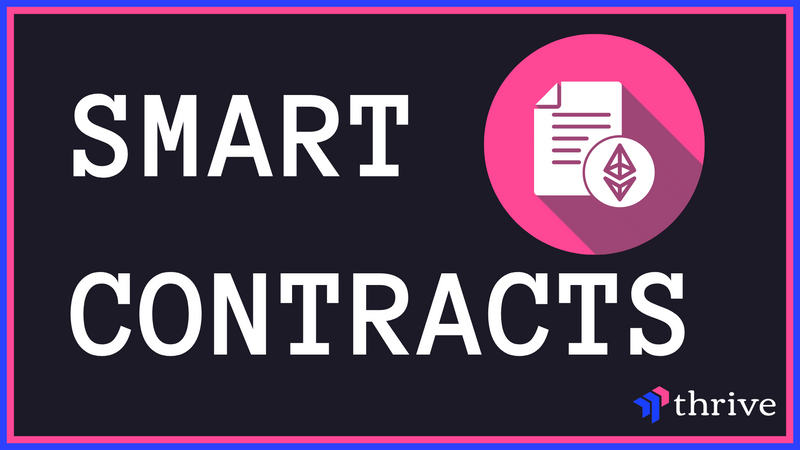What is a Smart Contract?

What is a Smart Contract?
A smart contract is a self-executing agreement with the terms of the agreement between buyer and seller being directly written into lines of code. The code and the agreements contained therein exist on a decentralized network and execute automatically. In this article, we will explore what a smart contract is, how it works, its advantages, and its future implications.
Introduction to Smart Contracts
A smart contract is a computer program that automatically executes the terms of a contract when certain conditions are met. The code and the agreements contained therein are stored on a decentralized network and are public, transparent, and tamper-proof. Smart contracts were first proposed in 1994 by computer scientist and legal scholar Nick Szabo, who described them as "a set of promises, specified in digital form, including protocols within which the parties perform on these promises."
How Do Smart Contracts Work?
Smart contracts work by automatically executing the terms of the agreement as soon as certain predetermined conditions are met. The terms of the agreement and the conditions for execution are encoded in the form of code and stored on a decentralized network. When the conditions specified in the code are met, the contract executes automatically and the agreed-upon actions are carried out.
For example, let's say two parties enter into a contract to buy and sell a piece of real estate. The terms of the agreement, including the price, the transfer of ownership, and the payment method, are all encoded into a smart contract and stored on a decentralized network. When the buyer makes the payment, the contract executes automatically and the ownership of the real estate is transferred to the buyer.
Advantages of Smart Contracts
Smart contracts have several advantages over traditional contractual agreements. These include:
-
Automated execution: Smart contracts automatically execute the terms of the agreement as soon as the predetermined conditions are met. This eliminates the need for intermediaries and reduces the risk of human error.
-
Transparency and immutability: Smart contracts are stored on a decentralized network and are public, transparent, and tamper-proof. This makes it impossible for parties to alter the terms of the agreement once they have been encoded into the code.
-
Increased efficiency: Smart contracts are executed automatically, eliminating the need for intermediaries and reducing the time and cost associated with traditional contractual agreements.
-
Reduced fraud: Smart contracts are stored on a decentralized network and are public, transparent, and tamper-proof. This makes it difficult for parties to engage in fraudulent activities and increases the overall security of the agreement.
The Future of Smart Contracts
The potential applications of smart contracts are vast and far-reaching. In the future, smart contracts could be used to automate a wide range of contractual agreements, including employment contracts, insurance contracts, and even voting systems.
Smart contracts have the potential to revolutionize the way we conduct business and enter into contractual agreements. By automating the process and eliminating the need for intermediaries, smart contracts could greatly reduce the time and cost associated with traditional contractual agreements.
Conclusion
In conclusion, a smart contract is a self-executing agreement with the terms of the agreement between buyer and seller being directly written into lines of code. The code and the agreements contained therein exist on a decentralized network and execute automatically, providing increased efficiency, transparency, and security. As the technology behind smart contracts continues to evolve, it is likely that we will see a wider range of applications in the future, including in areas such as employment, insurance, and voting.
READ MORE: DeFi: The Ultimate Guide

